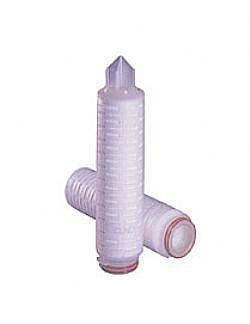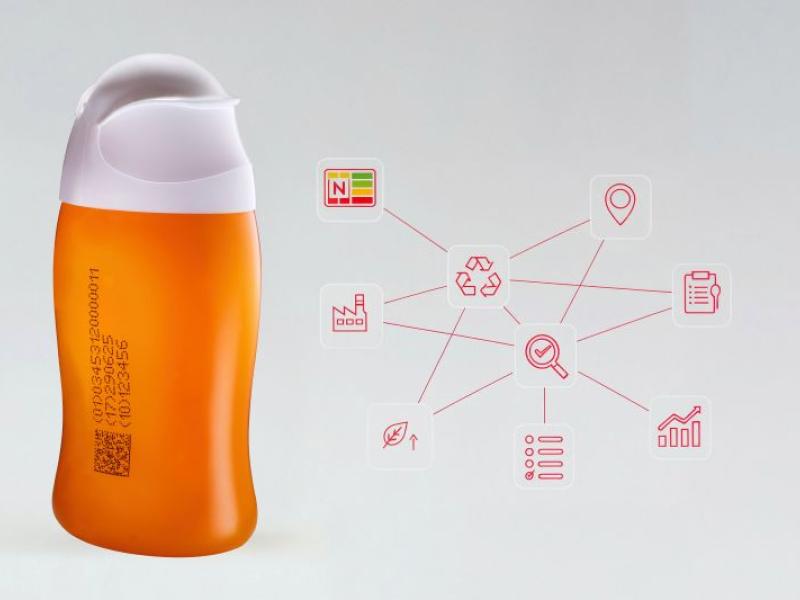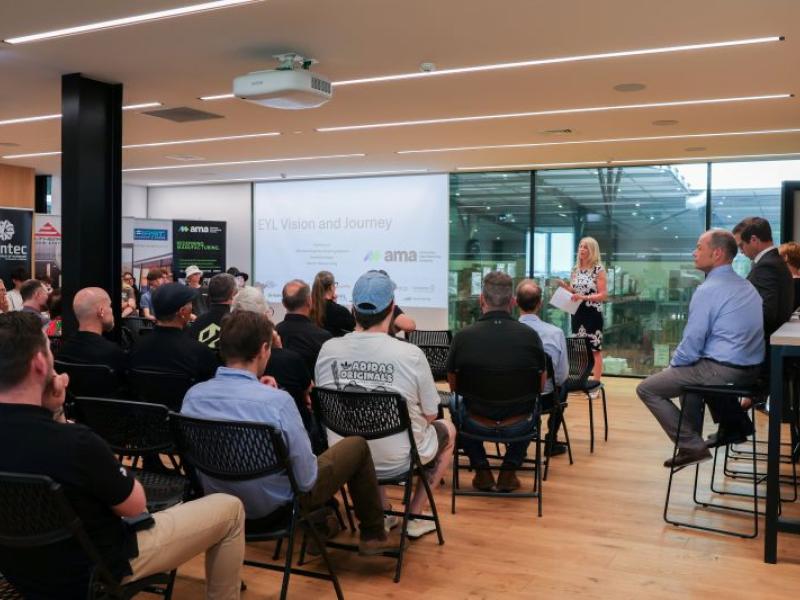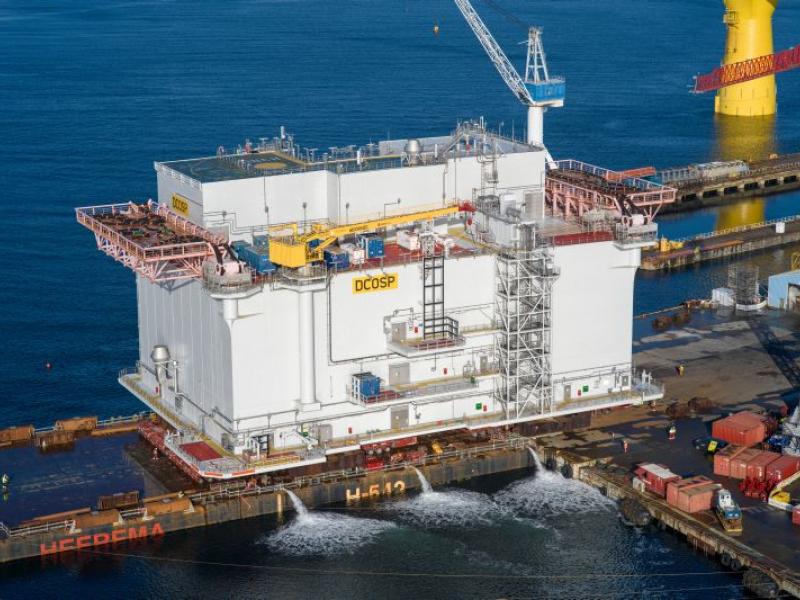CONTROLLING the spoilage micro-organism population prior to packing is critical for many beverage processors. Eliminating these micro-organisms, while keeping other beverage properties unchanged, is of vital importance.
Of equal importance, however, is attaining long on-stream filter service life and driving down operating costs associated with micro-filtration. 3M CUNO has addressed this problem with the creation of the BevASSURE PES series of filter cartridges. These filters encompass new, leading-edge technologies that not only provide the highest degree of micro-organism control, but do so in an extremely durable and long-lasting design.
BevASSURE PES filters employ a new, highly-asymmetric polyether sulfone (PES) membrane that delivers excellent spoilage micro-organism retention while greatly minimising any organoleptic interference.
This highly durable membrane/cartridge design withstands repeated exposure to hot water sanitation and steam sterilisation as well as common chemical cleaning and sanitising agents.
Complementing this high-performance membrane are 3M CUNO’s patented Advanced Pleat Technology (APT) design and a patent-pending upstream and downstream support design. All three work in concert to provide an increased flow rate at a lower pressure drop – resulting in smaller filter assemblies with extended service life and lower overall operational costs.
BevASSURE PES filters are available in a wide selection of configurations to meet all beverage processing needs. Each filter is supplied with a Certificate of Quality and a Technical Support Guide. A number of Technical Briefs are also available to assist users in employing the filters in their system.
The BevASSURE PES filter is the latest in a long line of CUNO filter innovations for the beverage industry, including absolute rated PolyNet and Betafine XL cartridge filters for reliable particle control, Zeta Plus and Zeta Plus Maximizer depth filter cartridges and filter sheets for beverage clarification, and LifeASSURE prefilters for robust final filter protection.
Winery applications
During the development of the new BevASSURE PES final filter, 3M CUNO worked with several wineries around the world to test the performance of the product.
One winery based in California had been using CUNO Zeta Plus cartridges for many years for the clarification and prefiltration of the wine in the “cellar” before going to the bottling operation.
At bottling, however, the wine passed through a competitive prefilter and final filter before the filling machines. The competitive prefilters were nominally rated at 0.5µ and were composed of a mixed-esters of cellulose membrane.
The final filters were rated at 0.45µ and contained a PVDF membrane.
Both steps comprised 12 x 30-inch filters and flowed at a rate of approximately 80 gallons per minute.
The initial clean pressure drop for the final filter housing was four psid. The filters were sanitised daily with 90 degree Celsius hot water for 45 minutes, and the final filter was integrity tested twice daily.
Wine microbiology was evaluated daily to ensure that bacteria or yeast were not present in the filtrate. The final filters on average provided one million gallons of throughput before plugging.
To determine if BevASSURE PES filters could help them achieve better process economies, the winery installed 12 x 30-inch BevASSURE PES 0.45µ rated final filters and 12 x 30-inch LifeASSURE 0.65µ rated prefilters in their system.
The first thing the winery noticed was that the BevASSURE PES filters provided a substantially lower clean differential pressure when compared to their previous filters. At a flow rate of 100 gallons per minute, the filter assembly recorded a clean differential pressure of 0.31 psid, whereas the previous PVDF filter recorded a clean differential pressure of three psid. Since the final filters are changed on the basis of reaching a maximum differential pressure of 25 psid, the customer realised that since the BevASSURE PES filter assembly starts out at a pressure differential of nearly ten times lower than the previous filter, this was a good indication of superior service life.
After several months of wine filtration, the winery reported that the BevASSURE PES filters achieved a final throughput of 2.1 million gallons – more than twice the throughput of the competitive filters. They also reported that during all sanitation cycles and integrity testing, the BevASSURE PES filters remained integral. Lastly, all microbiological testing of wine downstream of the filter assembly passed their quality control standard.






